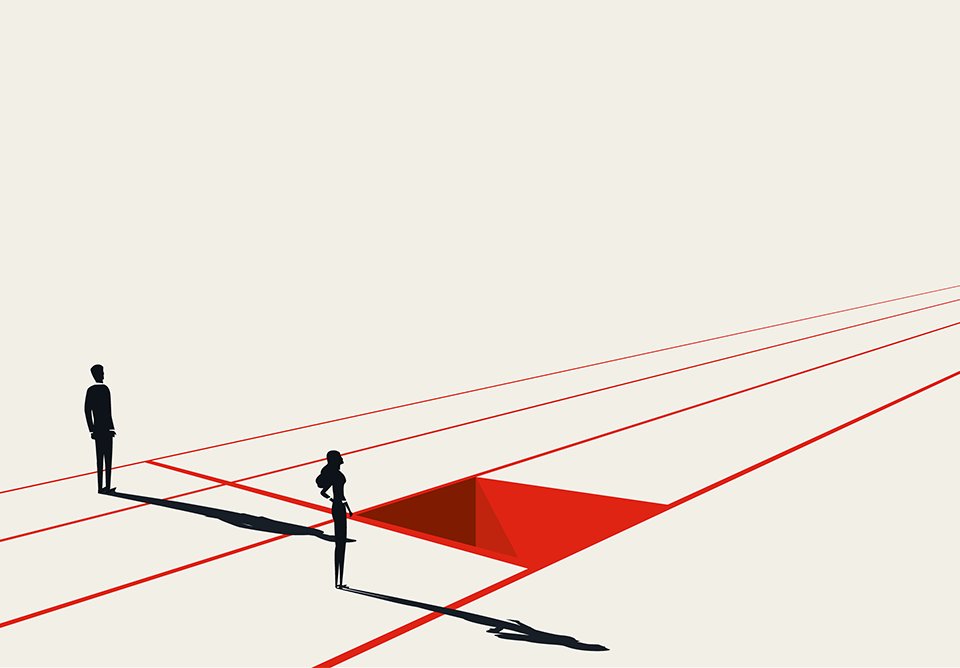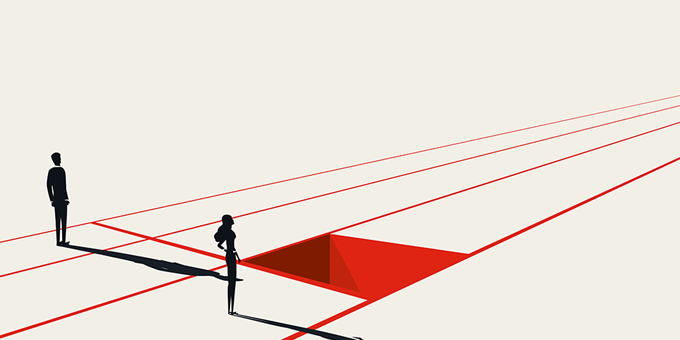How to challenge Gender Discrimination in Sport
Gender discrimination in women's football is still rife despite the fact that the sport is growing in popularity and skill.
Unequal treatment, lack of support, pay gap - subtle biases to overt discrimination - are some of the most significant issues facing women's football, even today.
Female players are paid significantly less than their male counterparts, in domestic leagues and clubs and even at the highest levels of the sport. For example, the prize money for the 2019 Women's World Cup was $30 million, compared to $400 million for the 2018 Men's World Cup. In local mixed tournaments, prize money for women's teams are also a fraction of the prize money for men's teams.
Another issue is the lack of investment in facilities and resources for women's football. Many teams and leagues have inadequate facilities, including poor quality pitches and inadequate changing rooms making it difficult for female players to train and compete at their best. Additionally, many teams and leagues lack the needed resources to provide adequate medical support, which can put female players at risk of injury.
Limited media coverage is a major problem for women's football. Despite the increasing popularity of the sport, female athletes and teams often receive less coverage and fans cannot follow women's football easily. This also makes it harder for teams and players to attract sponsors.
Societal and cultural factors contribute to discrimination against women's football. There is a perception that women's football is not as exciting or competitive as men's football, which can make it less appealing to fans and media. In addition, a few countries have a cultural bias against women participating in sports, which can make it difficult for female athletes to be taken seriously.
Despite these challenges, there have been some positive developments in recent years. The popularity of women's football is growing, and more and more people are starting to recognize the talent and skill of female athletes. There have been efforts to increase investment in the sport, including the creation of professional leagues and the establishment of development programs for young female players. Women's teams of countries like England, Ireland, Wales, US, Brazil, Spain, South Africa are a few to announce equal pay.
We are heartened by small and promising shifts in attitude and actions. We know the future will herald more changes and we encourage all female footballers to do their bit to speak up against the biases and be a part of the change they seek. No Foul Play stands with you to amplify your voice when you need to be heard louder. Keep fighting! You are not alone.
Keywords: no foul play, discrimination in sport, women's football, women footballers, gender discrimination, women power, her game too













Leave a comment on this post